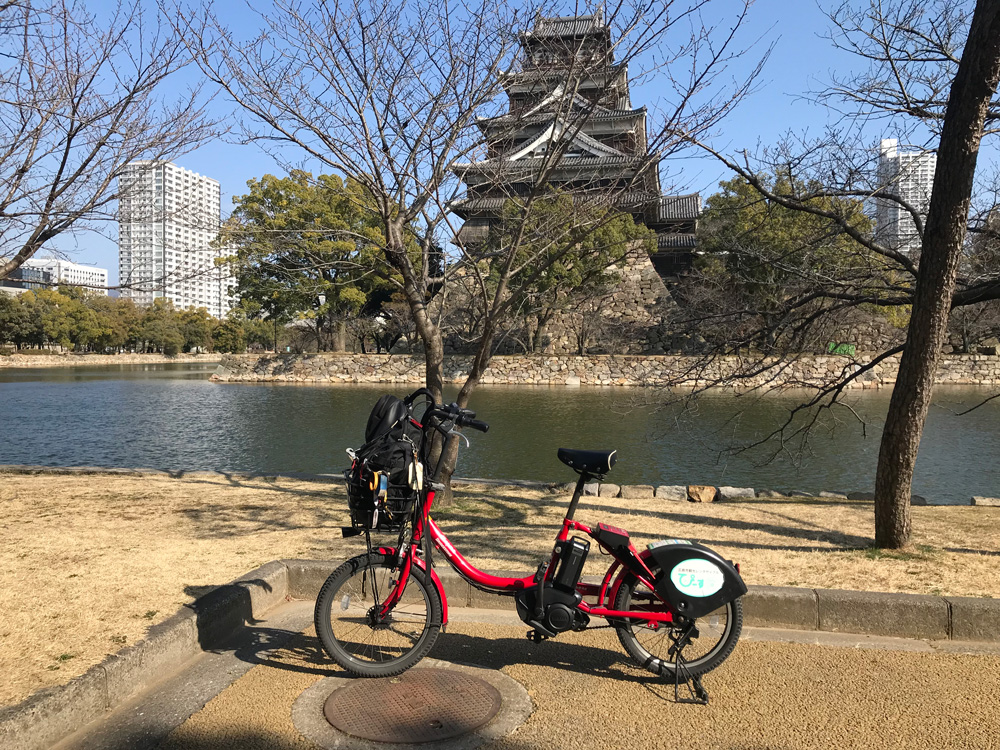If you want to survive outside of social media, you need to get off from time to time. Even being off social media for two days brings benefits. Think how much a week, a month, three months could give you. Backing off for at least two weeks allows your mind to create new neural pathways, which means new behaviors and routines are replacing old ones. So if what you regularly did was to check your Instagram homepage at lunchtime, after three weeks you will have adopted a ritual entirely different from that. If for example, as it was my case, after finishing my morning rituals, what I was doing was posting the post of this blog on Facebook, Google+ and LinkedIn, as well as the daily reflection on Instagram. After this experiment, this system/behavior will be different. There will be a new normal.
Survive outside of social media
In a world where, apparently, part of your value comes from the number of followers you have, likes or another type of engagement you have on digital platforms. In this kind of world, it’s hard to imagine what it’s like without all this. However, false content, argumentative graphics, breakfast photos. Social platforms can be either very productive or, as in most cases, very unproductive. Social networks can range from absorbing to having ill effects on our mental health. Read this. If you feel that social media is taking away time, energy and mental clarity, you have a problem, and if you think this fatigue, the problem is even more significant.

If you want to live outside of social media, try these steps.
1. APPs on your phone
APPs are a devilish mechanism to be addictive, and your smartphone makes them available and ready at all times. If you delete them from your phone, you can also access them through the web, but not with more probability. You can also access from a laptop or desktop, but you won’t always be tempted to enter them. In my case, during the Social Media OFF experiment, I didn’t feel forced to eliminate them, and I have still not yet verified them.
2. Establish barriers
If your profession requires you to use social media, establish margins based on those needs. Set a specific time limit each day to manage social platforms, then sign out and disconnect. Once you start to test what is the best time of day and the best amount of time you need, you will begin to motivate yourself to work more efficiently in other areas and with other tools.
Something I learned is that you can produce the same business opportunities without using social media for just one hour a day. Another thing I’m discovering is that you could get the same (positive) results without using it at all. The even better part, you have more time to invest in other tasks.
3. Find shortcuts
Sometimes, if your work requires using social networks from time to time, find solutions that work for you. Limit your time on social media only to your business. Keep the digital work that offers professional results. You don’t need new; you need to work.
In my case, I have given all of our project’s and business’ social media marketing to part of the IG team. Even reports, analysis, strategies, and tactics. Whatever it is, that allows me not to have to use it, at least for the duration of the experiment.
4. Reinforcements
You could fall into temptation; almost everyone falls, don’t worry. There’s a solution, first, stop checking your smartphone, then stay away from any comments on social networks. Disable notifications you receive by email. Obviously, notifications from your PC and smartphone should have been deactivated years ago. Finally, let your environment know what would be the best ways to contact you. If you still have problems, try Freedom or Anti-Social.
You need to learn how to survive outside of social media, for your health and growth.




